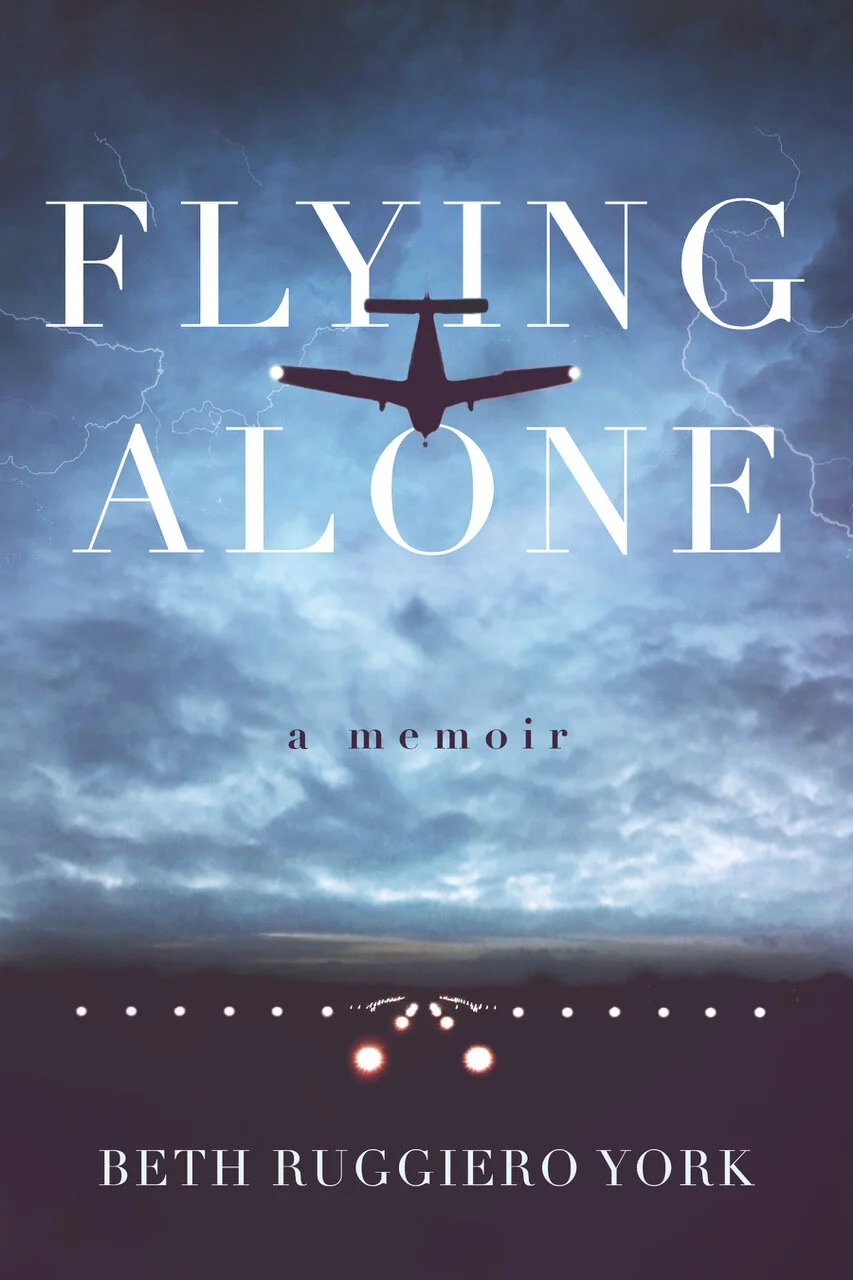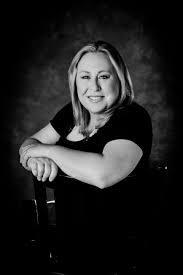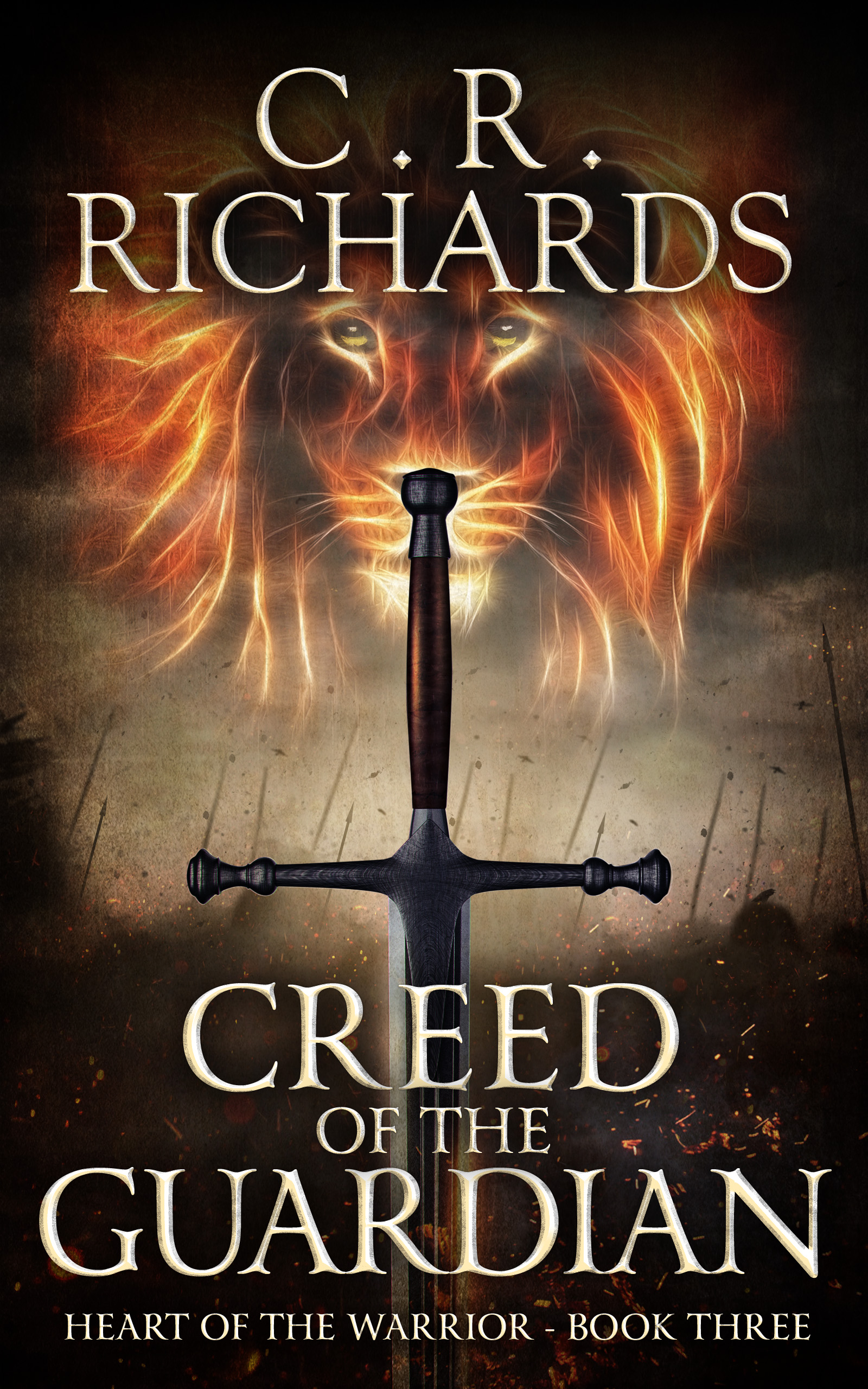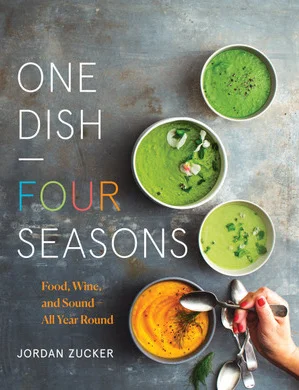Writing What You Know by Bernadette Walsh
/Like many of my books, JOHNNY BE GOOD is set on the North Shore of Long Island where I currently live. And like my other books, it also examines the delicate balance of mother-daughter relationships in a middle-class Irish-American family. As you may have guessed from my name, I’m writing what I know.
One of the benefits of “writing what you know” is that you don’t need to do a lot of research and you don’t have to conjure a scene based on second hand resources. An intimate knowledge of a locale and a social strata allows the writer to delve deep and provides the reader not only a window into a particular setting but a window into the writer’s actual experience of a setting. When I write about the pebbled beaches of the North Shore I infuse those descriptions with recollections from my own life: my daughter's first sandcastle, a stolen beer after the homecoming dance, a clandestine kiss beneath a striped umbrella.
But there’s a downside to basing the setting of your angst filled novel with scenes from your own life. The Centerport church I visit on Sunday is no longer only a place where I find solace, it is also where my character Ellen from my second novel, THE GIRLS ON ROSE HILL, sang at her mother’s funeral. And the beach where my husband and I stroll together on lazy afternoons is not only where we reconnect after a hectic week but now is also where my teenaged character Maura in COLD SPRING was seduced by a much older man.
Because as writers we spend so much time creating and nurturing our characters, they are in many ways real to us, and to an extent we feel what they feel. Thus there is a danger that my character’s experiences of the settings of my own rather undramatic life may in some ways taint those settings for me. For now I’m willing to pay the price of my fictional and real worlds colliding if it allows me to connect more with my characters and create a richer more nuanced book for my readers.
Bernadette Walsh has been writing contemporary and paranormal romance for over ten years. She has published seven novels to date. While Bernadette has hopped around genres, all of her books to date have a common theme: strong women handling what life throws at them the best way they can. www.bernadettewalsh.com

























































